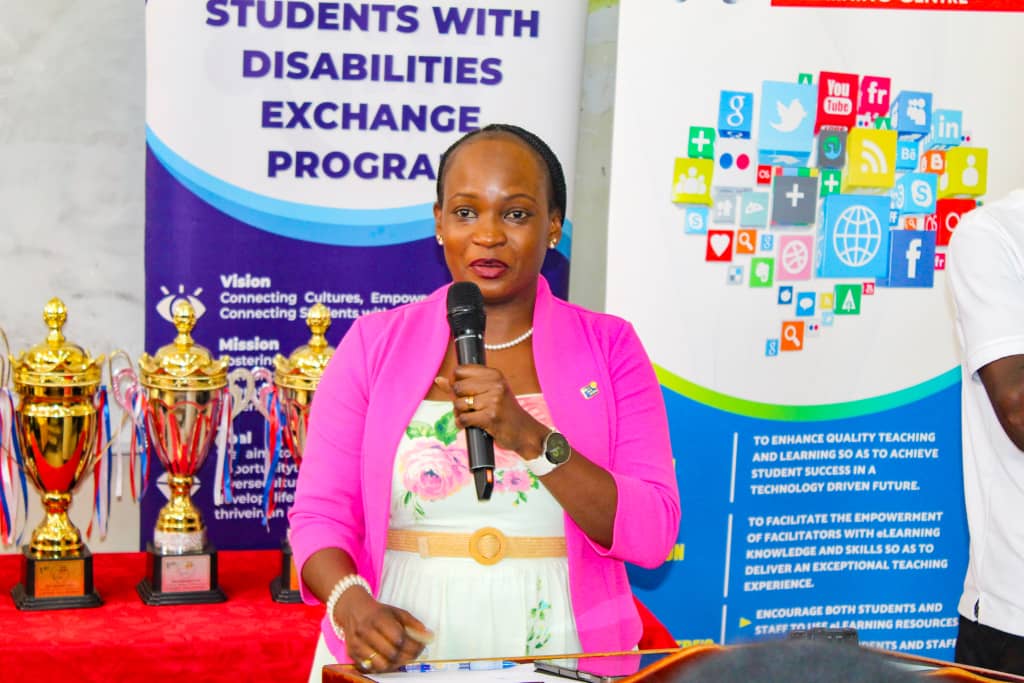Makerere University Business School (MUBS) has urged students, educators and partners to embrace artificial intelligence while ensuring that persons with disabilities are fully included in the transition toward a technology-driven world of work.
The appeal was made on Friday during the Annual Disability Lecture 2025, held under the theme “AI for Tomorrow: Empowering Students for the Future Workforce.”
The discussion brought together academics, students and technology experts to examine how inclusion and AI can shape a fairer, more accessible future.
Assoc. Prof. Rachel Mindra, the Acting Deputy Principal of MUBS, said the institution remains committed to building an environment where every learner can thrive.
She encouraged students to take inclusion seriously, noting that some messages must be repeated for cultural and systemic change to take root.
“We are really committed,” she said. “It is necessary to create a platform for talking to the theme today. AI has already reshaped the world of work, and every student—regardless of ability or disability—should not be left behind.”
Prof. Mindra urged students with disabilities to confidently demand the support they need, citing national and global policy frameworks such as Vision 2040, NDP4, Agenda 2063 and the Sustainable Development Goals as guiding principles for institutional decisions.
She also commended the work of the Disability Resource and Learning Centre and support teams, including interpreters who now play a visible role during major events such as graduation ceremonies.
Students used the forum to speak candidly about AI adoption. Bashir, one of the participants, said many learners hesitate to use AI openly due to stigma or misunderstanding.
“Some people want to know, but they will hide in the toilet… They don't want to be noticed,” he said.
He called for workshops and more awareness campaigns to build confidence, adding: “Using AI is not a crime… After creating that awareness then we can begin advocating so that people can be able to use AI in an open space.”
Industry experts echoed the message of openness and preparedness. Nesta Paul Katende, CEO of Otic Group, said students must embrace AI to remain relevant in an evolving labour market.
“The jobs of 1962 are different from the jobs of 2025,” he said, adding that technological disruption follows predictable patterns and requires continuous adaptation.
Dr Fredrick Kitoogo, Principal of the Uganda Institute of ICT, outlined government efforts to integrate emerging technologies into national development plans.
He said frameworks such as Vision 2040, NDPIV and the Digital Transformation Roadmap are guiding the deployment of a national AI curriculum and the creation of over one million digital and AI-related jobs.
He also noted ongoing infrastructure investments, including upgrades to national backbone connectivity, a stronger Uganda Internet Exchange Point and modernised data centres capable of supporting AI-driven services.
Dr Kitoogo urged institutions to develop AI-focused entrepreneurship and skilling programmes to equip Uganda’s youth for the future workplace.
The lecture concluded with calls for sustained collaboration among universities, government and industry to ensure that AI becomes a tool for empowerment rather than exclusion.


